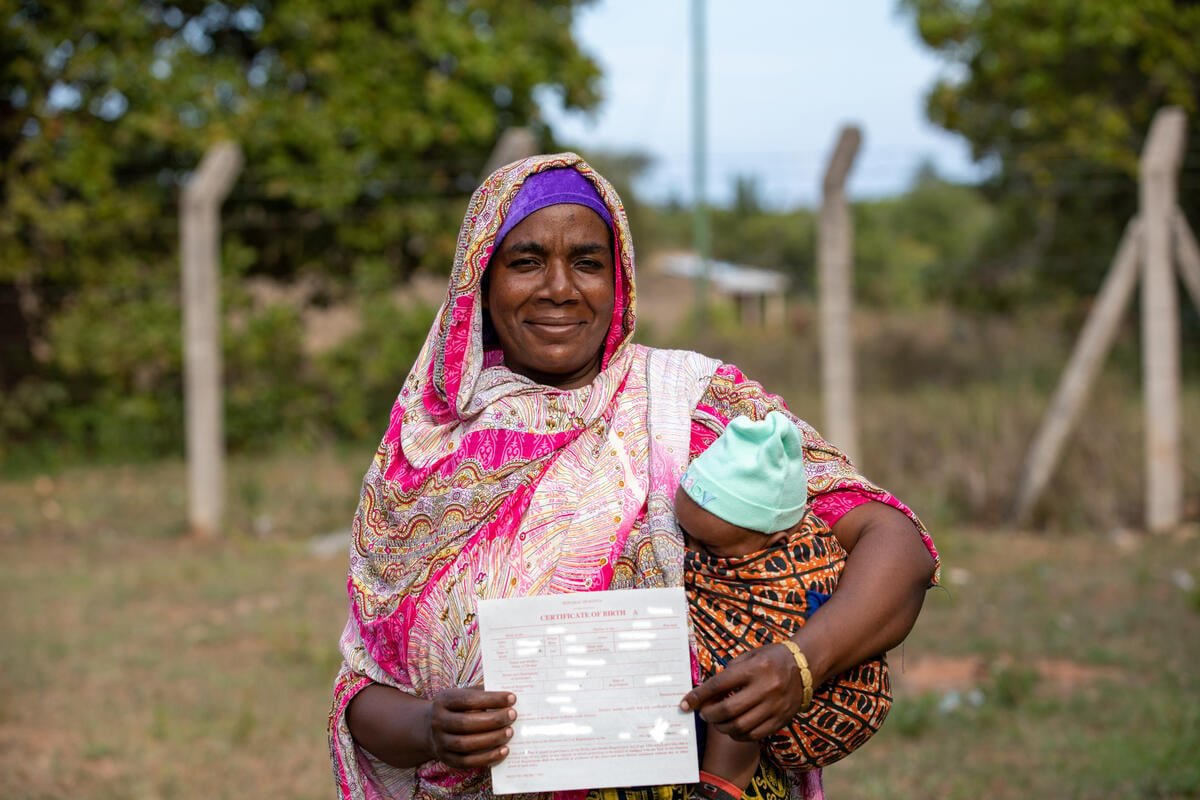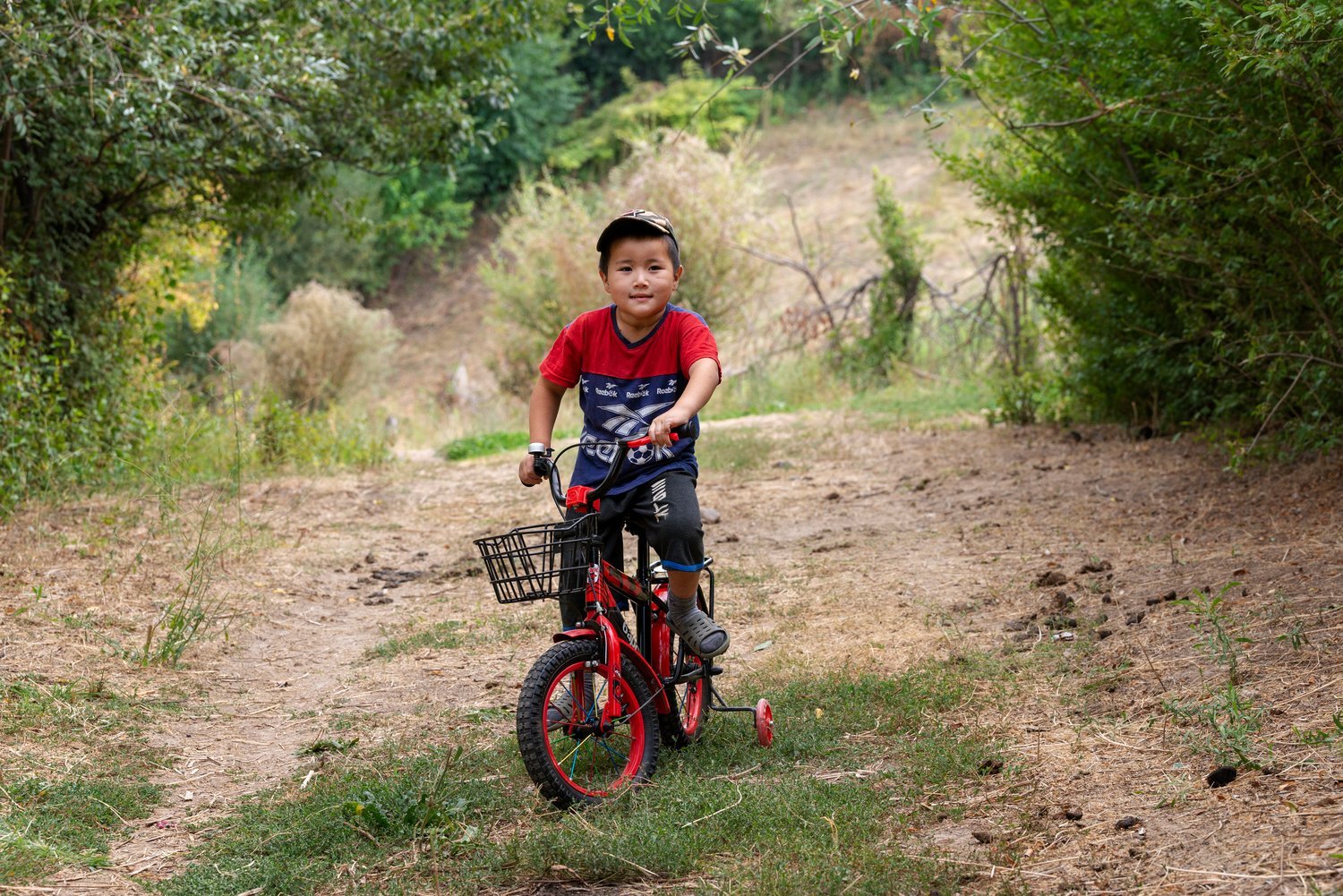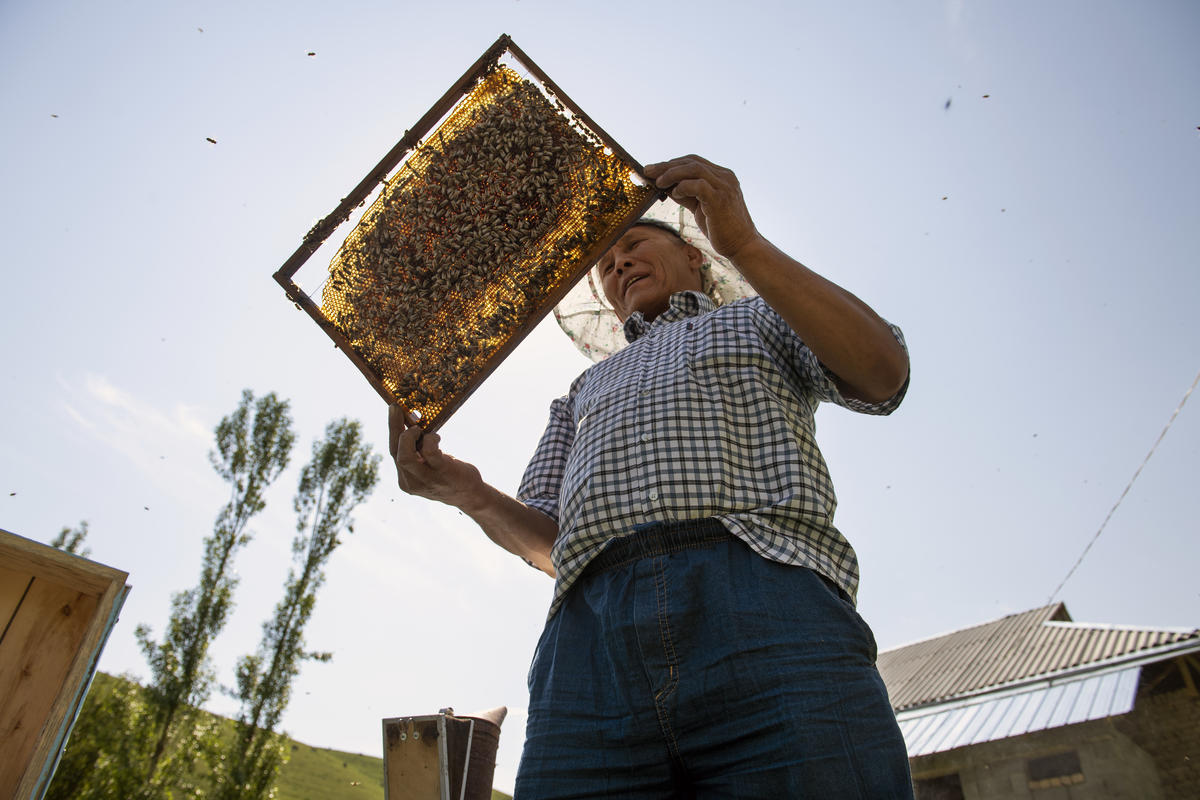Kyrgyzstan: Assistant HC to visit, seek solution for Uzbeks
Kyrgyzstan: Assistant HC to visit, seek solution for Uzbeks
Assistant High Commissioner Kamel Morjane is scheduled to leave tomorrow (Saturday 25 June) for Kyrgyzstan to seek a suitable solution for some 450 Uzbek asylum seekers whose fate remains very uncertain. This week, we have had to redouble our efforts to prevent their forcible return. As you know, we have been - and continue to be - especially concerned for 29 of the asylum seekers who are being kept in detention in Osh, away from the rest of the group, and who are under imminent threat of being sent back to Uzbekistan. UNHCR staff in Osh gained access to the detainees on Tuesday and are working with the Kyrgyz authorities to put them through accelerated status determination procedures to establish whether their claims for asylum are well-founded.
Mr. Morjane is expected to remain in Kyrgyzstan for three days and will meet with Kyrgyz officials to find an acceptable solution for this worrisome situation. Earlier this week, we had received reports that the extradition of the 29, whom Uzbekistan says are 'criminals,' was about to take place. On Wednesday, High Commissioner for Refugees António Guterres and High Commissioner for Human Rights Louise Arbour issued a statement asking Kyrgyzstan not to send anyone back to Uzbekistan without following a proper status determination procedure. Secretary-General Kofi Annan also made a statement of concern on behalf of the group.
Under the 1951 Refugee Convention, of which Kyrgyzstan is a signatory, it is forbidden to forcibly return asylum seekers to their country of origin. Forced return may also be in contravention of other conventions, such as the Convention against Torture. Claims from the Uzbek government that the men are common criminals rather than refugees fleeing persecution for their political or religious beliefs - or other grounds defined by the 1951 Convention - would need to be examined extremely carefully before they could be excluded from refugee status and returned to their home country.
Refugee status determination is also underway for the other more than 400 Uzbeks, who are housed in Sasyk camp in western Kyrgyzstan. Unfortunately, their situation has also taken a turn for the worse. We have received information that the Kyrgyz Prosecutor General has asked for a further 103 people to be taken out of the camp and put in detention. On Thursday, Uzbek security officers in civilian clothes were seen surrounding the camp.
The Kyrgyz authorities have come under intense pressure from Tashkent to forcibly return the asylum seekers who fled Uzbekistan in the wake of the violence in Andijan on 13 May. Two weeks ago, on 9 June, Kyrgyzstan deported four asylum seekers back to their homeland. Despite all our efforts, we have no information regarding their fate since their return in Uzbekistan.









